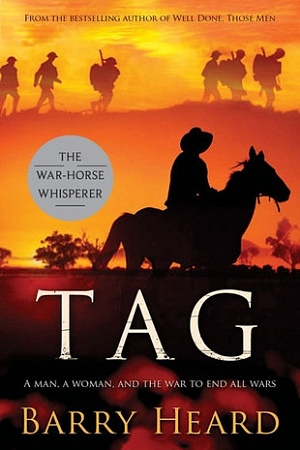The Shining Wall
Transit Lounge, $29.99 pb, 298 pp, 9781925760187
The Shining Wall by Melissa Ferguson
In Melissa Ferguson’s impressive sci-fi début, wealthy, tech-enhanced Homo sapiens cordon themselves off behind a shining wall. In the desert outside their City (‘City 1’), ‘Demi-Citizens’ live in slum conditions, riddled with disease, hunger, and mistrust. Among them is orphaned Alida, who hustles to support her sister, Graycie, by scavenging and occasionally being trafficked inside City 1’s wall, where she is prostituted by the dodgy Freel. The City is serviced by a population of cloned Neanderthals. Considered ‘lesser’, they work as nannies, factory workers, and security officers.
Ferguson’s imagined territory is exuberantly populous and satisfyingly specific. The author has dealt carefully with her world’s scientific and ethical mechanics: the details are co-dependent and considered. But the real fizz, the compulsive energy of the novel, comes from how closely her new environment analogises the features of our age. Sex, surveillance, class, corporate control, propaganda, unionism, inequality, trafficking, surrogacy, hate speech, entitlement, wealth as a marker of worth – all are represented here. Wars are streamed on live-feed, mental illness can lead to the revocation of citizenship, mind implants teach, heal, and control. These issues are not given mere lip service; they are occupied by characters and situations. This lends oomph to a critique of late capitalism’s tyranny. Of Alida: ‘She’d worked her butt off to get ahead, but without privilege or clout it was worth shit-all.’
The novel is deftly narrated. There are bold and complementary plotlines and likeable, imperfect characters. The tone is cleverly light and riddled with slang, which sits well against the bleak setting. The recourse to Australian jargon echoes Mad Max: here too there is dusty, half-baked nonchalance among AI-enhanced vehicles, rampant biological meddling, and brave, self-possessed heroines. Ferguson’s work is entertaining and empathetic. It champions courage and care, even in the midst of inequality and a clearly stacked system.














Leave a comment
If you are an ABR subscriber, you will need to sign in to post a comment.
If you have forgotten your sign in details, or if you receive an error message when trying to submit your comment, please email your comment (and the name of the article to which it relates) to ABR Comments. We will review your comment and, subject to approval, we will post it under your name.
Please note that all comments must be approved by ABR and comply with our Terms & Conditions.